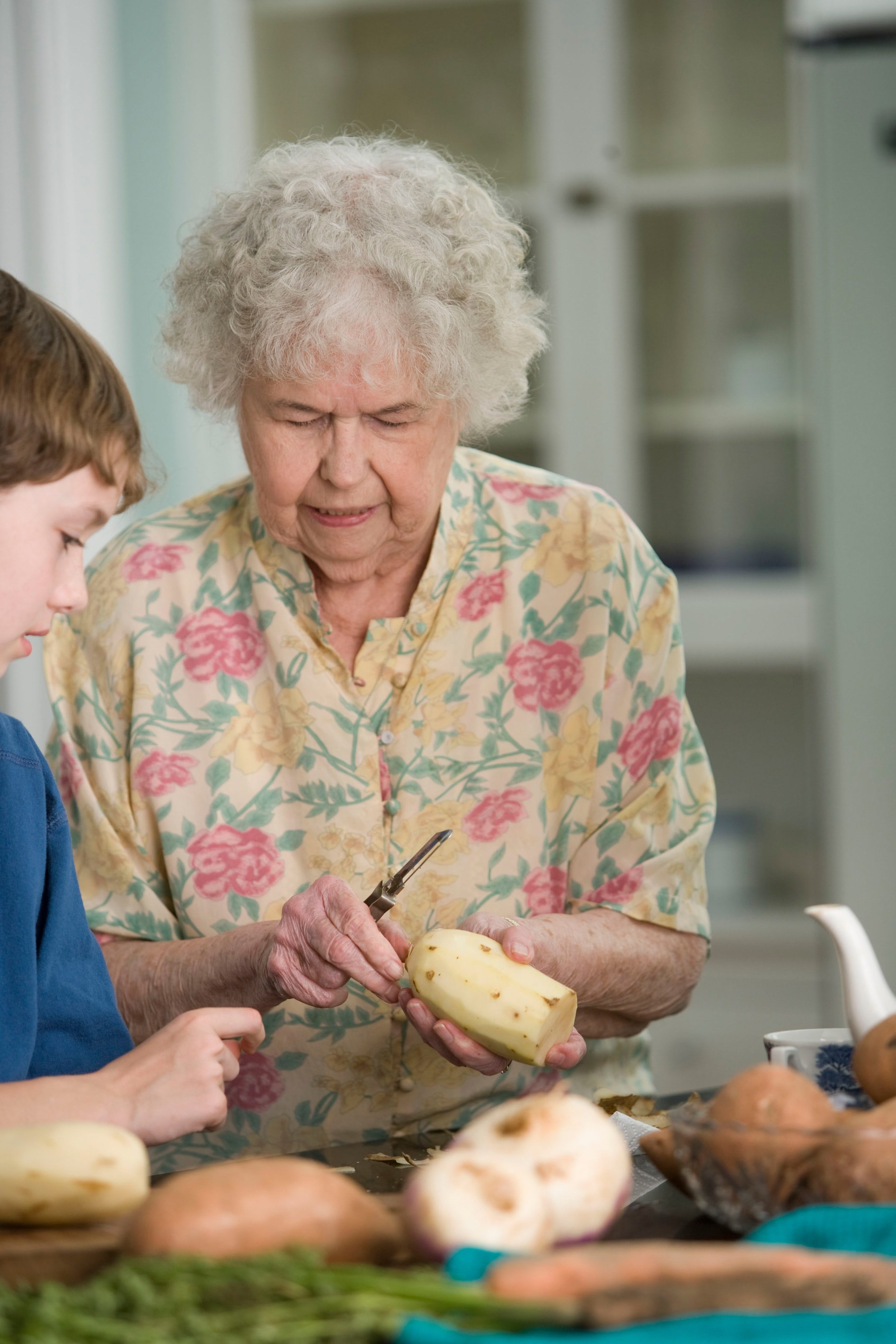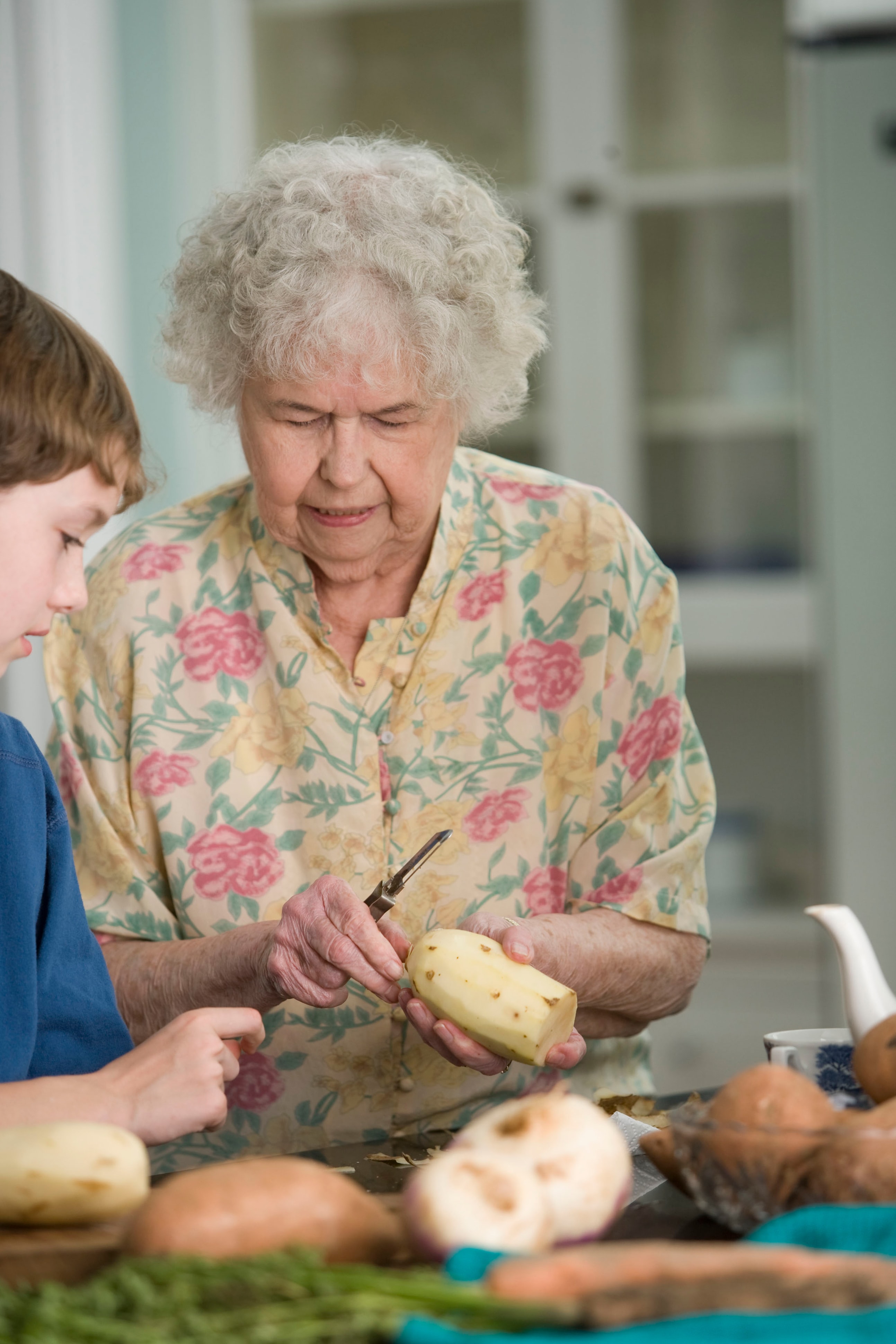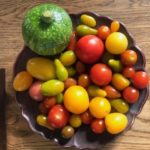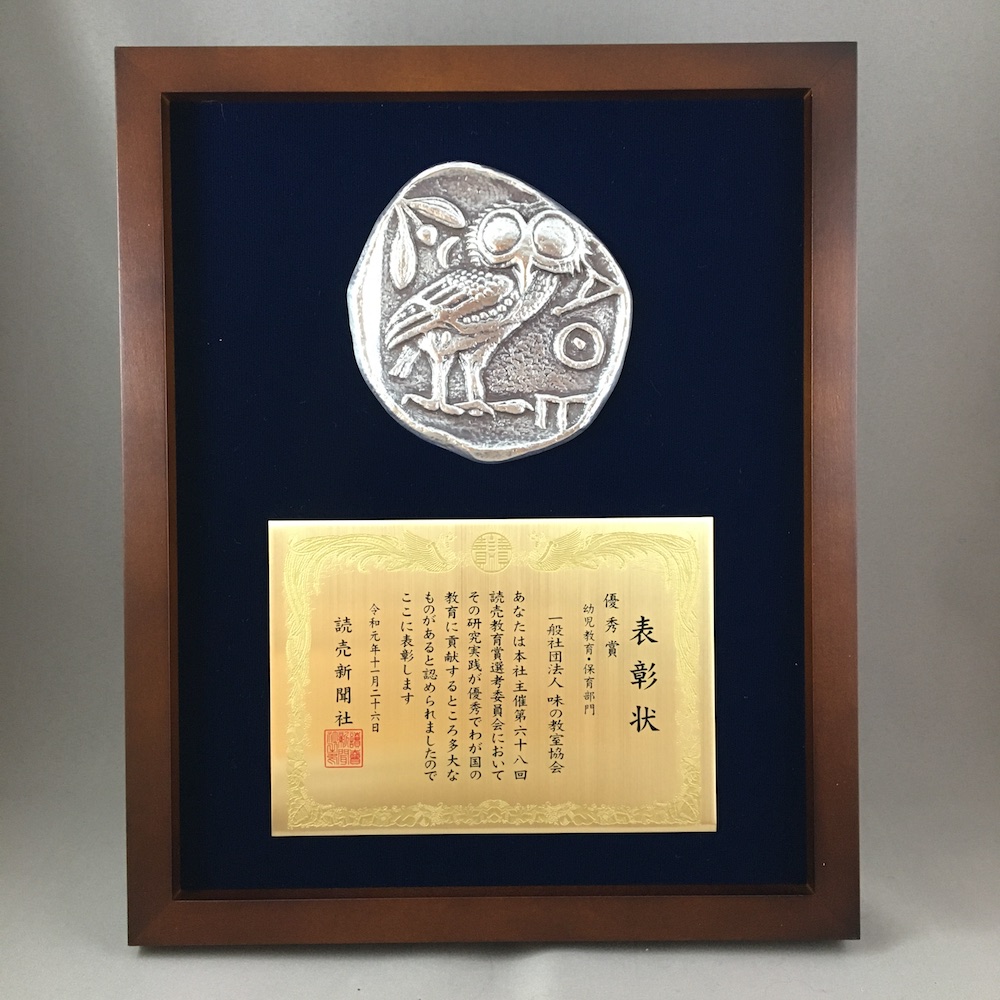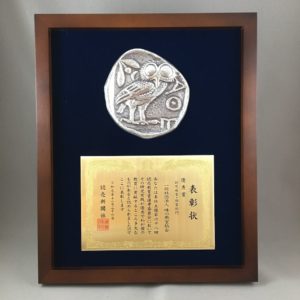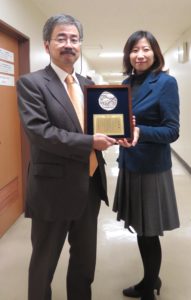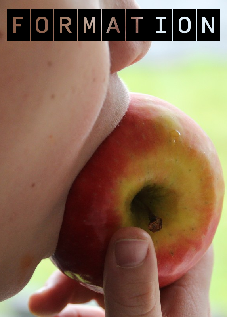Article rédigé par l’équipe Senso5
A l’instar de tous les pays industrialisés, on constate en Suisse un vieillissement de la population. Si notre pays compte aujourd’hui plus de 18,7% de seniors, il en comptera plus de 25% en 2040 (Office fédéral de la statistique, 2019). En Suisse, la prévalence de la dénutrition de la personne âgée est de 5% à domicile pour les personnes entre 65 et 79 ans et de 10% pour les personnes de 80 ans et plus (Morisod, 2010).
L’enjeu du « bien vieillir » prend ainsi toute son importance. Conserver une bonne santé le plus longtemps possible est un enjeu majeur en santé publique. Pour ce faire, il est important d’assurer la qualité de vie nécessaire au maintien de l’autonomie des personnes âgées (Escalon & François, 2010).
Conscient de cette situation, en 2015, le canton du Valais a mis en place un programme d’action cantonal (PAC) de Promotion de la santé des seniors, dénommée la Plateforme 60+, sur mandat du Service de la Santé Publique. Co-financé par Promotion Santé Suisse et Promotion santé Valais, le PAC comprend les modules thématiques alimentation et activité physique, santé psychique, préparation à la retraite ainsi que l’abus de substances chez les personnes âgées. Parmi les dimensions indispensables à l’autonomie et à la santé des seniors, l’alimentation joue un rôle essentiel. La Fondation Senso5[1] a été mandatée pour développer des outils dans le cadre du projet « Alimentation, autonomie, qualité de vie chez les seniors ».
Plus l’âge avance, plus le risque augmente. Malheureusement, ce risque n’est que trop peu souvent pris en compte et lorsque le diagnostic de la dénutrition est posé, il est souvent difficile de retrouver un bon état nutritionnel. Les conséquences d’un état de dénutrition peuvent être multiples mais débutent bien souvent par un amaigrissement et un état de fatigue, un affaiblissement du système immunitaire avec apparition d’infections diverses (urinaires, pulmonaires) mais aussi une diminution de la masse musculaire qui va amener des vertiges et des pertes d’équilibres.
Outre la dénutrition, la déshydratation est une problématique tout aussi répandue dans la population des seniors. Ainsi, en Suisse, environ 20% de personnes âgées de plus de 75 ans boivent moins d’un litre de boisson par jour alors que les recommandations de la SSN (Société suisse de nutrition) prônent un apport d’un à deux litres de boissons par jour pour une personne âgée (Office fédéral de la statistique, 2015).
La dénutrition et la déshydratation sont deux pathologies dont les conséquences peuvent être sévères tant au niveau de la santé que de l’autonomie et de la qualité de vie. En effet, dans de telles situations, la personne doit généralement être hospitalisée et placée en EMS car le rétablissement est long et l’autonomie, diminuée. Agir au niveau de la prévention de ces pathologies est donc important pour favoriser le maintien à domicile le plus longtemps possible.
Ces deux constatations ont orienté la Fondation Senso5 vers la création d’outils destinés à limiter les risques de dénutrition et de déshydratation grâce à la collaboration des professionnels ainsi que des proches-aidants qui entourent les seniors.
Parmi ces outils, la brochure « Assiette & Baskets, plus de plaisir à la retraite », éditée en français et en allemand, présente les recommandations en terme d’alimentation et de mouvement ainsi que des astuces pratiques autour de l’organisation en cuisine et de la prévention des accidents domestiques. Avec des informations accessibles, non stigmatisantes et riches en illustrations, cette brochure est destinée aux seniors et à leurs proches mais aussi aux professionnels qui souhaitent approfondir leurs connaissances ou les utiliser dans leur profession.
Deux outils numériques sont en outre disponibles sur le site internet de la Fondation (www.senso5.ch). Le premier permet à tout un chacun de tester ses sens grâce à un questionnaire. Selon les réponses données, des conseils sont proposés pour limiter le déclin sensoriel ou trouver des alternatives à cette diminution. Le deuxième outil propose des astuces en cuisine ainsi que des recettes variées et équilibrées pour les seniors. Divers modules permettent d’adapter la recette en fonction du nombre de personnes (deux ou quatre) et du type de mesure des ingrédients (en grammage ou en ustensiles). Les recettes sont organisées par catégories (par exemple : rapides, mijotées, cuisiner les restes..) et de nouvelles viennent s’y ajouter régulièrement.
Finalement, la Fondation Senso5 a développé 15 capsules vidéos autour des problématiques alimentaires que peuvent rencontrer les seniors. Sous forme d’un dialogue entre un adulte et un senior dans la cuisine de ce dernier, ces capsules traitent de sujets divers comme l’hygiène en cuisine, l’appétit, les troubles digestifs ou encore le mouvement. Ces courtes séquences sont destinées au tout public en adoptant un ton léger mais professionnel grâce aux interventions d’experts pour expliciter/approfondir les différents thèmes.
Pour compléter ces outils et optimiser la prévention de la dénutrition grâce à la sensibilisation des professionnels, des formations sont dispensées au sein des centres médico-sociaux ainsi que dans différentes institutions (hautes écoles de santé, formation continues, foyers de jour). Un accent tout particulier est mis sur la formation de ces multiplicateurs car, avec leur vision du terrain et les difficultés qu’ils peuvent rencontrer au quotidien, ils sont de précieux informateurs et acteurs de prévention auprès des seniors. Grâce à une collaboration et une communication pluridisciplinaire, tous les acteurs sont mis à contribution avec pour objectif commun de préserver l’autonomie et la qualité de vie des seniors le plus longtemps possible.
La Fondation Senso5 souhaite, par le biais de ses actions, que les seniors puissent être acteurs de leur alimentation, autant du côté du choix du contenu de leur assiette que de la gestion quotidienne de cette alimentation (y compris la préparation). La Fondation Senso5 agit ainsi à différents niveaux en prenant en compte les besoins individuels par une analyse de la situation et des aménagements favorisant l’autonomie.
Achmann N, Burla L, Kohler D. (2015) La santé en Suisse – Le point sur les maladies chroniques Rapport national sur la santé 2015. Observatoire suisse de la santé, Neuchâtel
Escalon, H. & Beck, F. (2010). Perceptions, connaissances et comportements en matière d’alimentation: Les spécificités des seniors. Gérontologie et société, vol. 33 / 134(3), 13-29.
Morisod, J. (2011). Dénutrition de la personne âgée. Revue Médicale Suisse, 279(3), 209-210.
Office fédéral de la statistique. (2019). Effectif de population à la fin du 2e trimestre 2020
[1] La Fondation Senso5 est une fondation d’utilité publique, à but non lucratif qui a pour objectif principal d’agir auprès de différents publics afin de développer un rapport sain à l’alimentation.
